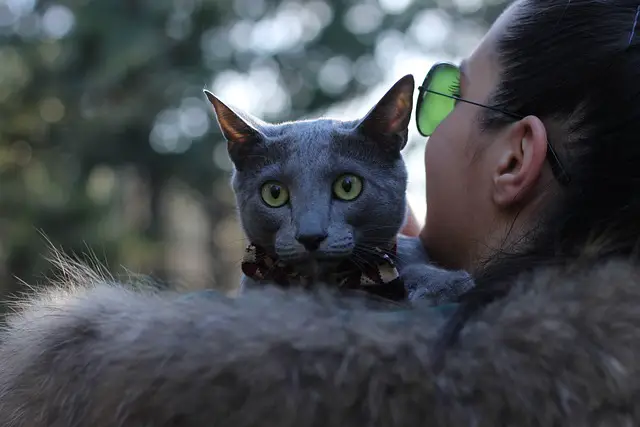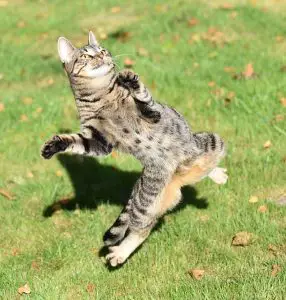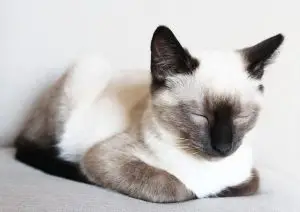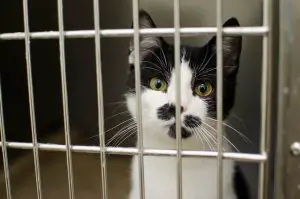
Cat Vaccination: Ensuring Your Feline Friend’s Health & Longevity
Are you a cat lover concerned about your favorite feline’s health and lifespan? Vaccinations play a pivotal role in ensuring the overall health and longevity of our furred companions. This guide seeks to educate all cat owners on the immense benefits of regular inoculations.
Importance of Cat Vaccinations
Vaccinations are crucial in preventing several harmful illnesses in felines, some of which can even be fatal. Immunizing your cat from a young age equips its immune system with the firepower to combat these diseases, making vaccinations an essential aspect of their health care routine.
The Three Stages of Vaccination
Puppy Phase
The initial vaccinations are typically administered within the first 8 to 9 weeks. This includes vaccinations against panleukopenia (feline distemper), calicivirus, and feline herpesvirus type I (rhinotracheitis) —also known as the FVRCP combo vaccine.
Booster Shots Phase
Booster shots generally follow initial vaccinations, typically given one year after the last set of kitten vaccinations. The booster vaccines provide long-term protection, ensuring your cat remains impermeable to these diseases.
Adult Cat Vaccinations
As a rule of thumb, adult cats should be vaccinated every 1 to 3 years, depending on the vaccine type and your cat’s lifestyle and health status. Regular check-ups and advice from your vet are vital at this stage.
Core vs. Non-Core Vaccines
Cat vaccines are classified into two categories: core and non-core. Core vaccines are essential for all cats, regardless of lifestyle or location. Non-core vaccines, on the other hand, depend on a cat’s exposure risk and lifestyle.
Core Vaccines
The core vaccines protect against Feline Panleukopenia Virus, Feline Calicivirus, Feline Rhinotracheitis and Rabies.
Non-Core Vaccines
Non-core vaccines include those against Feline Leukemia Virus, Bordetella, Chlamydophila felis, and Feline Immunodeficiency Virus. These are usually recommended for outdoor cats or those with a higher risk of exposure.
Side Effects of Vaccines
Like any other medicinal practice, cat vaccines can occasionally cause side effects. Common ones include mild fever, loss of appetite, and lethargy, which usually dissipate after a few days. Your vet can guide you on how to handle these side effects and offer advice on the measures to take should severe reactions occur.
Cost of Vaccinations
The cost of cat vaccinations varies based on various factors like your location, the type of vaccine, and the vet clinic you choose. However, the benefits far outweigh the costs, making it a worthwhile investment towards your cat’s health and longevity.
Conclusion
Vaccinating your cat is a vital part of pet ownership. It ensures your feline friend leads a healthier, longer life, free from preventable diseases. Being an informed cat owner means knowing the type, frequency, function, and cost of each vaccine. Ensure you engage your vet in discussions about your cat’s vaccination plan, and be attentive to any changes in their behavior or health post-vaccination.
In the end, the longevity and well-being of our furry friends lie in our hands. Schedule a vet check-up today to discuss the immunization schedule most suitable for your feline companion. Happy caring!






